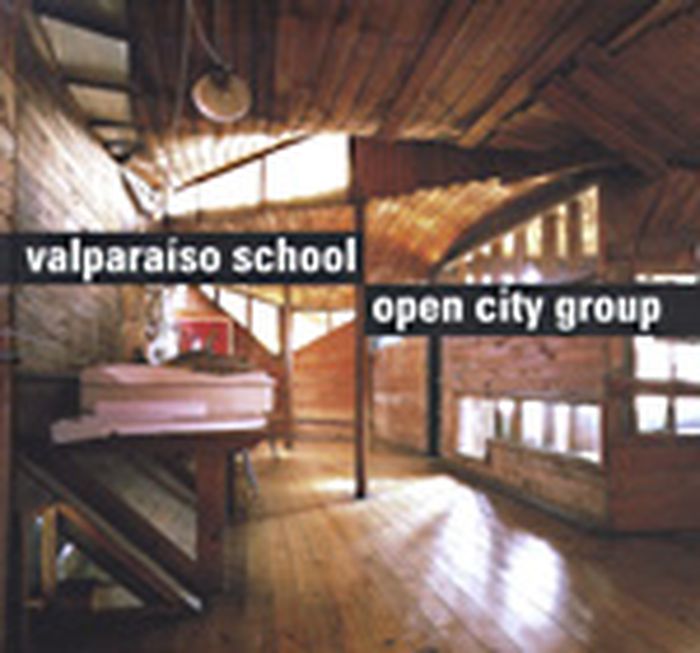$95.00
(disponible sur commande)
Résumé:
The Valparaíso School, as it became known, acquired an international reputation for its radical stance and its commitment to dialogue between architects and other disciplines. Since 1970 the Valparaíso School has focused much of its research and design activity on the open city (ciudad abierta) project, created by a group of architects, artists, poets, and engineers(...)
Théorie de l’architecture
août 2003, Montreal / Kingston
Valparaiso School : open city group
Actions:
Prix:
$95.00
(disponible sur commande)
Résumé:
The Valparaíso School, as it became known, acquired an international reputation for its radical stance and its commitment to dialogue between architects and other disciplines. Since 1970 the Valparaíso School has focused much of its research and design activity on the open city (ciudad abierta) project, created by a group of architects, artists, poets, and engineers with a vision of a city with "no master plan, no imposed ordering devices, and no hierarchical networks of infrastructure." Originally set up as a laboratory-type environment, this alternative community has since become the place of residence and work for many people. "Valparaíso School: open city group" provides insight into this radical experiment in urban development through a series of essays and photographs.
Théorie de l’architecture
$47.50
(disponible sur commande)
Résumé:
"City of Play" shows how play is built into the very fabric of the modern city. From playgrounds to theme parks, skittle alleys to swimming pools, to the countless uncontrolled spaces which the urban habitat affords play is by no means just a childhood affair. A myriad essentially unproductive playful pursuits have, through time, modelled the modern city and landscape.(...)
City of play: an architectural and urban history of recreation and leisure
Actions:
Prix:
$47.50
(disponible sur commande)
Résumé:
"City of Play" shows how play is built into the very fabric of the modern city. From playgrounds to theme parks, skittle alleys to swimming pools, to the countless uncontrolled spaces which the urban habitat affords play is by no means just a childhood affair. A myriad essentially unproductive playful pursuits have, through time, modelled the modern city and landscape. Architect and scholar Rodrigo Pérez de Arces erudite, original, and often surprising study explores a curiously neglected dimension of architectural design and practice: ludic space. It is an architectural history of the playground from the hippodrome to the Situationist city of space released from productive ends in the pursuit of leisure. The ludic imagination impregnated modernist ideals, and what begins with the playground ends with a re-consideration of the whole sweep of the modern movement through the filter of leisure and play.
Théorie de l’urbanisme

